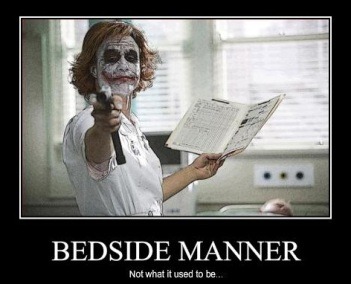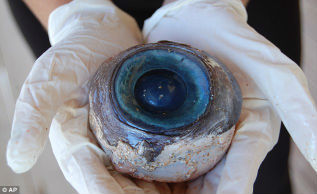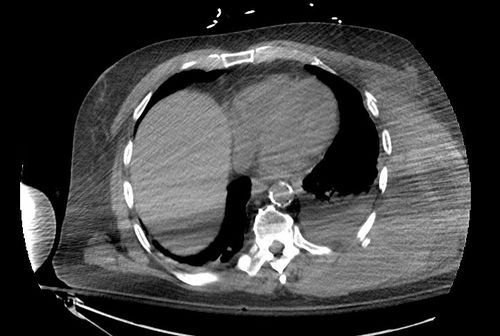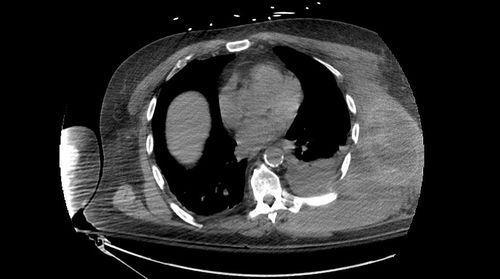Seems like a simple, silly question, right? I dare you to figure it out without reading this post!
On occasion, our brain injured trauma patients have sodium issues. You know, cerebral salt wasting. Trying to maintain or regain the normal range, without making any sudden moves can be challenging. There are a lot of tools available to the trauma professional, including:
- Saline
- Hypertonic saline
- Salt tablets
- Fluid restriction
- Some combination thereof
Fun times are had trying to figure out how much extra sodium we are giving with any of the first three items. This is important as you begin to transition from the big guns (hypertonic), to regular saline, and then to oral salt tabs.
Below is a quick and dirty conversion list. I won’t make your heads explode by trying to explain the math involved changing between meq, mg, moles, sodium and sodium chloride.
- The “normal saline” bags we use are actually 0.9% saline (9 gm NaCl per liter)
- Hypertonic saline can be 3% or 5% (30 gm or 50 gm per liter)
- Salt tabs are usually 1 gm each (and yummy)
Therefore, a liter of 0.9% normal saline is the same as 9 salt tabs.
A liter of 3% hypertonic saline is the same as 30 salt tabs. The usual 500cc bag contains 15.
A liter of 5% hypertonic saline is the same as 50 salt tabs. The usual 500cc bag contains 30.
To figure out how many tablets you need to give to match their IV input, calculate the number of liters infused, then do the math! And have fun!




